THE OCCURRENCE OF Q FEVER IN BOSNIA AND HERZEGOVINA
In view of the recently emerging situation of Q-fever among students of the Faculty of Veterinary Medicine, as a result of mandatory practice at a farm in Sarajevo, we would like to emphasize several important points regarding the same.
WHAT IS Q-FEVER ?
Q fever is an acute or chronic disease caused by the bacterium Coxiella burnetii. The disease is classified as a zoonosis, which means that the causative agent of the disease is transmitted from animals to humans. It is spread all over the world and is maintained as a hidden (inconspicuous) infection in domestic and farmed animals.
HOW IS Q-FEVER TRANSMITTED ?
Sheep, cows and goats are the main reservoirs for human infection. People become infected by inhaling dust that is contaminated with feces of infected animals, then with urine, milk, and birth byproducts. Direct contact (eg touching, licking) with an animal is not necessary to contract Q fever. People can also get Q fever by eating contaminated, unpasteurized dairy products, although this form of infection is very rare. It is important to emphasize that Q fever is NOT TRANSMITTED from person to person.
WHAT ARE THE SYMPTOMS OF Q-FEVER ?
Symptoms can be mild or severe, and usually develop 2-3 weeks after exposure to the bacteria. The onset is sudden, with high temperature, severe headache, fever, severe malaise, anorexia and sweating. Respiratory problems such as a dry unproductive cough also occur. People who develop a more severe form of the disease develop inflammation of the lungs or liver (hepatitis). Q fever is a serious zoonosis and can be fatal if not treated properly. Chronic Q-fever infection requires several months of antibiotic treatment.
WHY DOES Q-FEVER OCCUR ?
Three out of every four infectious diseases in humans come from animals and are caused in part by the way we raise animals for food, clothing and other purposes. By raising animals, we create hotspot of zoonoses. 90% of the world's meat supply comes from industrial farms. On these farms, thousands of cows, sheep, goats, pigs, chickens and other animals are raised in very unhygienic conditions, as is the case here in Bosnia and Herzegovina. Very often they are surrounded by their own excrement without fresh air and sunlight. These conditions cause extreme stress and anxiety to the animals and create the perfect breeding ground for pathogens. Selective breeding and overuse of antibiotics also contribute to disease risk. On today's large farms, animals are selectively bred for higher profits, resulting in a loss of genetic diversity among the animal population. For viruses and bacteria, this is an ideal situation, since pathogens can quickly jump from individual to individual without encountering genetic variants that might slow them down. Furthermore, consuming food derived from "antibiotic-resistant" animals can have a devastating effect on human health. This deadly mix of zoonoses and antibiotic resistance has prompted expert groups to recognize animal health as the "weakest link in our global health chain" — because when animals get sick, humans tend to quickly follow suit.




